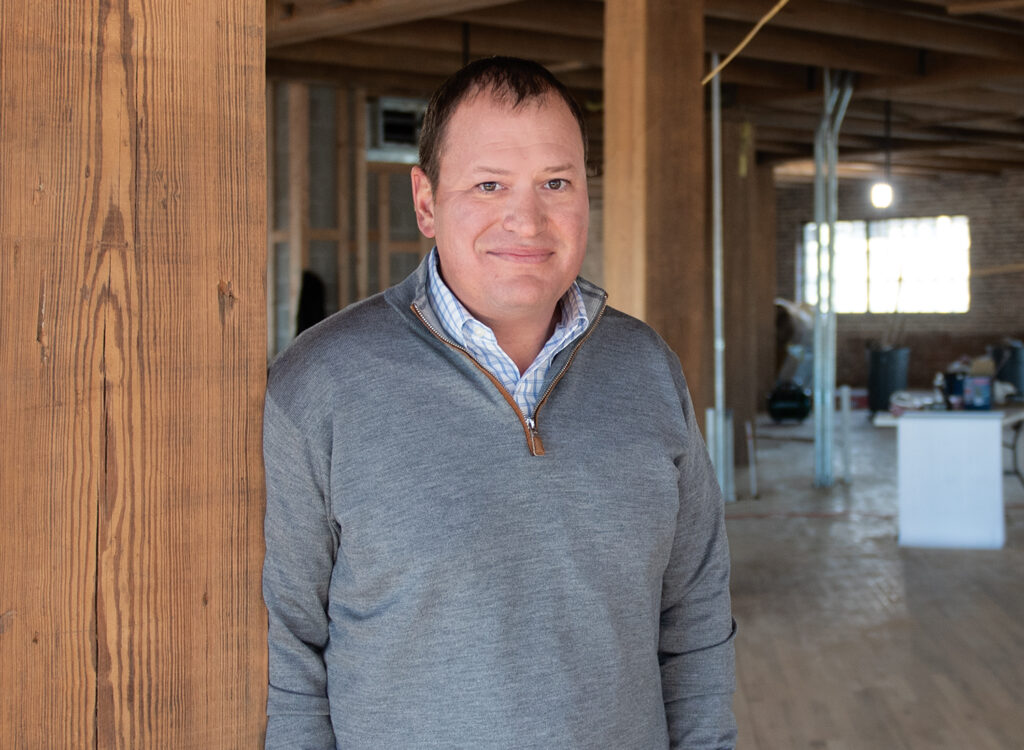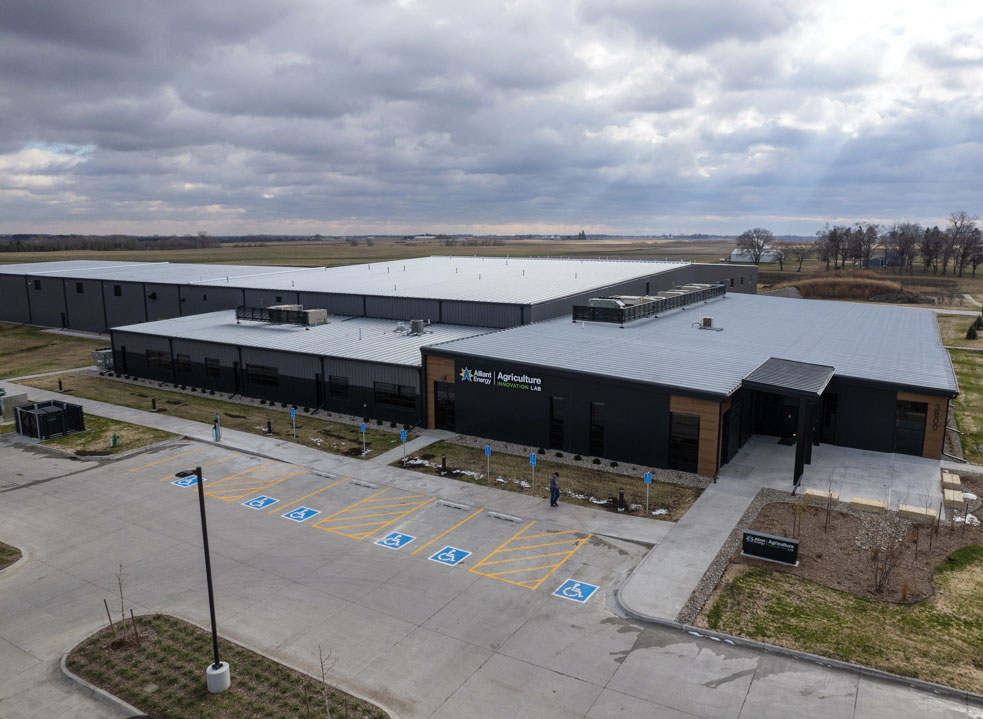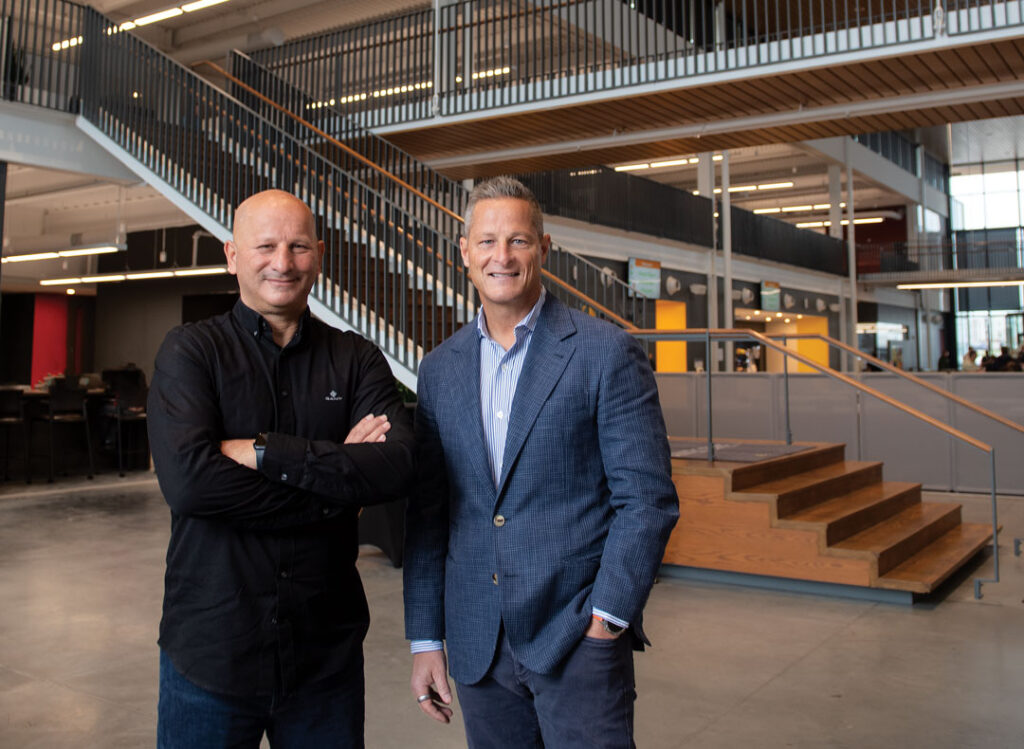NOTEBOOK: Evans: Whirlpool/Maytag deal has foreign-trade lessons

RANDY EVANS Jul 3, 2018 | 4:34 pm
1 min read time
329 wordsBusiness Record Insider, The Insider NotebookWhirlpool’s $1.7 billion acquisition of Maytag, a storied Iowa brand of home appliances, offers a fascinating window into international trade and tariffs.
At the time of the 2006 deal, Whirlpool was the largest appliance maker in the United States. Maytag was its biggest competitor. Together, they built about half of all washing machines sold in the U.S.
Federal regulators worried about their new dominance, but the company said foreign competition, primarily from South Korea’s Samsung and LG, would keep Whirlpool’s market clout in check.
That certainly occurred. Samsung and LG have outmaneuvered Whirlpool for laundry equipment sales since 2006, building machines that a growing percentage of U.S. consumers want. Today, Whirlpool has about 35 percent of the U.S. market, nearly the same as Samsung and LG combined.
“Whirlpool’s market share shrank faster than a cotton T-shirt,” the Washington Post’s Catherine Rampell said.
Whirlpool accused the companies of selling their products in the U.S. below cost and receiving unfair subsidies from the South Korean government. The companies said Whirlpool was just slow to respond to changing consumer desires.
The Obama administration took Whirlpool’s side, however, and imposed tariffs on imported washers from South Korea and Mexico in 2013. Samsung and LG moved their production to China. Whirlpool filed another complaint.
The Obama administration extended the tariffs to washers made in China. Samsung and LG began making washers in Thailand and Vietnam.
The Trump administration announced new tariffs on washers in January — a few months after Samsung and LG said they would build factories in the U.S., with government tax credits and grants, of course.
A piece of collateral damage from this: Prices for laundry equipment have increased 17 percent this spring.
A second piece of collateral damage: The European Union and Canada have imposed tariffs on washing machines made in the United States.
Randy Evans is the executive director of the Iowa Freedom of Information Council. He writes a regular column, which the Business Record prints on occasion.








